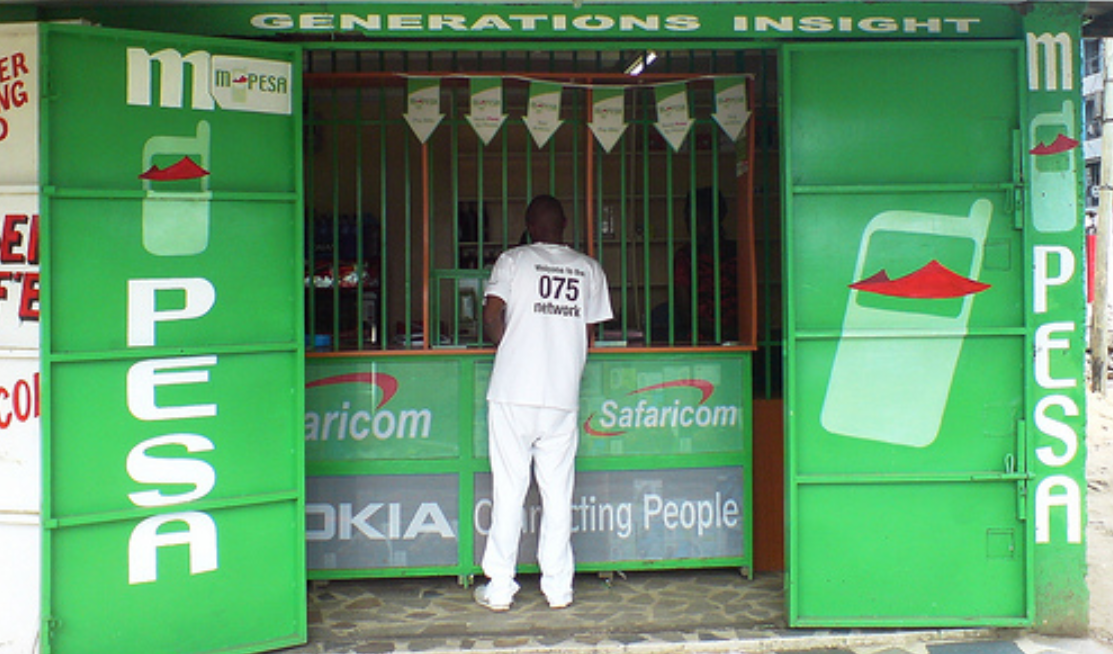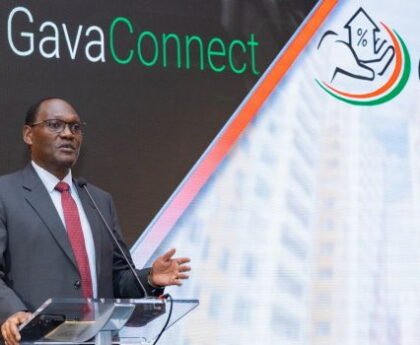In a groundbreaking decision that could potentially reshape the telecommunications industry in Kenya, the High Court recently ruled against Safaricom PLC, the country’s leading mobile network operator (MNO).
The court upheld the decision by Hon. Velnah Mochache, the Adjudicator of the Milimani Small Claims Court, which held Safaricom fully responsible for the unauthorized withdrawal of Sh752,000 from a customer’s M-Pesa account.
The ruling not only compels Safaricom to refund the amount but also exposes the telco’s duty of care towards its customers.
This precedent-setting judgment could potentially open the floodgates for numerous similar claims against the telco, challenging its practices regarding ‘third-party transactions’ and the referral of complainants to the police.
Background
M-Pesa, Safaricom’s mobile money transfer service, has revolutionized the financial landscape in Kenya, offering a convenient and accessible platform for millions of users. However, concerns regarding customer security and protection of funds have persisted.
Ronald Kafwa sued Safaricom seeking a refund of Sh.751,680 which was withdrawn from his MPesa account after he lost his mobile phone. He reported the matter to Safaricom and asked for the blocking of Sim card.
The court further found that it was the duty of the Safaricom to ensure that the sim card was blocked after Kafwa reported the matter.
But before he reported the loss, Sh292,812 had been withdrawn from the mobile. The court ruled that Kafwa was responsible for this loss but subsequent withdrawals fall squarely on Safaricom.
The court dismissed claims by Safaricom that Kafwa might have disclosed his pin to third parties, leading to the loss of money.
Kafwa won the case before the Small Claims Court, which ruled that Safaricom was responsible for the loss of Sh.452,868.
He told the court that Safaricom was bound to honour his instructions and keep his line blocked until such a time that he would ask for the line to be unblocked.
Safaricom appealed against the decision saying it does not jointly or otherwise operate the MShwari product or its security protocols, and consequently, it bore no responsibility for third-party products that are linked to its M-pesa service as indicated in its terms and conditions.
According to telco, Kafwa was responsible for keeping his Pin confidential to ensure that only he could initiate transactions.
The company added that Kafwa’s disclosure of his pin established as a factual finding by the trial court should have absolved by Safaricom from liability but court dismissed the claim since Safaricom had no evidence to prove allegations.
High Court Humbles Safaricom: The Honorable Ruling
Hon. Velnah Mochache, the Adjudicator of the Milimani Small Claims Court, examined the evidence and ruled in favor of the customer Ronald Kafwa. Acknowledging the customer’s timely reporting of the stolen SIM card, the court determined that Safaricom had failed in its duty of care towards the customer.
“On the issue as to whether the appellant (Safaricom) was responsible for the loss incurred by the respondent, I find that the answer is in the affirmative,” ruled the court.
The court held Safaricom fully responsible for the unauthorized withdrawal of Sh752,000 from the customer’s M-Pesa account and ordered the telco to refund the entire amount.
Dismissal of Safaricom’s Appeal
In an attempt to challenge the initial ruling, Safaricom appealed the decision to the High Court. However, the appeal was subsequently dismissed, with the court affirming the lower court’s judgment.
The dismissal of the appeal reinforces the notion that telcos, like Safaricom, must prioritize their customers’ interests and ensure the security of their financial transactions.
High Court Humbles Safaricom: Implications and Industry Repercussions
This landmark ruling against Safaricom is expected to have far-reaching implications for the telecommunications industry in Kenya. Previously, telcos have often invoked ‘third-party transactions’ as a defense to avoid liability in cases of unauthorized withdrawals.
However, this judgment exposes the potential inadequacy of such claims, putting the onus squarely on the telco to ensure the security and protection of their customers’ funds.
Furthermore, the ruling is likely to trigger an avalanche of similar claims against Safaricom, as customers who have previously encountered unauthorized withdrawals may now feel empowered to seek restitution.
This could potentially lead to significant financial repercussions for the telco.
Additionally, the ruling sets a new precedent that may prompt the regulator, the Communication Authority of Kenya, to revise the Service Level Agreements (SLAs) with MNOs and telcos.
The inclusion of this ruling in the revised SLAs would reinforce the duty of care expected from telcos and hold them accountable for any lapses in security measures.
Bottom-line
The High Court’s decision to uphold the ruling against Safaricom and hold the telco fully responsible for the unauthorized withdrawal of funds marks a significant milestone in the telecommunications industry in Kenya.
This judgment emphasizes the importance of the duty of care that telcos owe to their customers, particularly when it comes to safeguarding their financial transactions.
As customers increasingly rely on mobile money services like M-Pesa, it becomes imperative for telcos to prioritize security measures and protect their users’ funds.
The ruling is not only a victory for the affected customer but also a powerful reminder to the telecommunications industry of the need for robust consumer protection measures.
Kenya Insights allows guest blogging, if you want to be published on Kenya’s most authoritative and accurate blog, have an expose, news TIPS, story angles, human interest stories, drop us an email on [email protected] or via Telegram
Share via:





